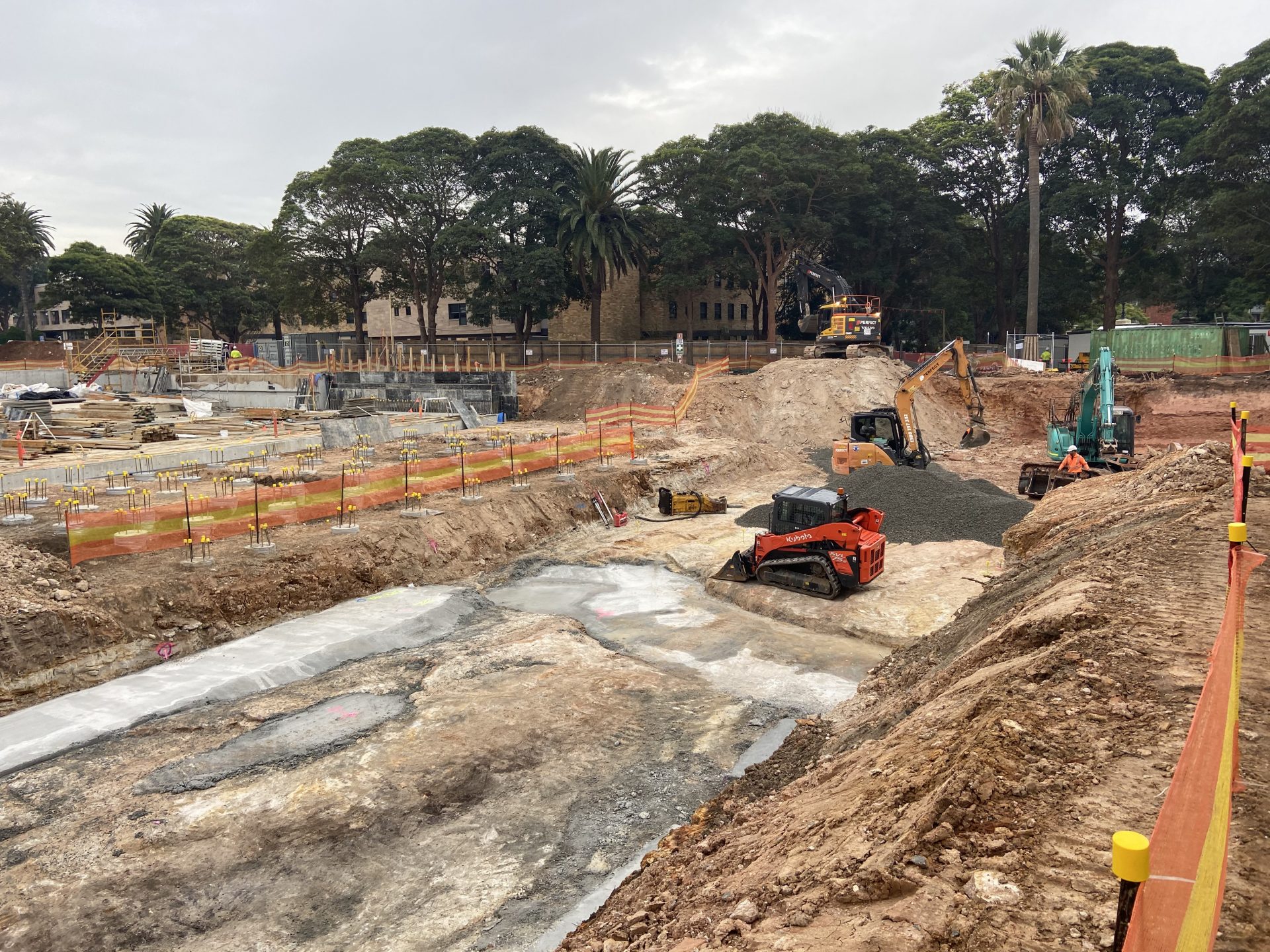Civil construction truly shapes the world around us–it’s responsible for the majority of structures we use that aren’t privately owned. Civil construction is the construction of public infrastructure involving water, earth or transport. Unlike building construction which involves the construction of buildings such as homes, apartments, shopping centres, civil construction involves infrastructure such as roads, bridges, tunnels and the utilities that make our society function. Civil construction also involves creating water reservoirs, railways, airports, sewerage systems and dams. From massive bridges for transportation to walkway construction and wastewater treatment centres to dams, the civil field encompasses some of the most important construction projects in our world completed each year. The sector truly helps humans get where they want to be in addition to what they need.
What is Civil Construction work?
Instead of being considered a branch of construction, civil projects are usually classified under the umbrella of civil engineering. This is due to the need for extensive planning and coordination between a variety of engineers and design specialists before any construction can begin. So, civil construction companies do more than build structures. They’re also experienced in handling natural and existing environments like water reservoirs, hillsides and mountain ridges, in addition to other areas that interface with human-made infrastructure. Contractors bidding on civil projects need to know about grading, erosion control, access rights, public impact, legal regulations and much more to understand what’s involved in any given request. If the company is not capable of handling every step themselves, they must subcontract properly to manage the engineering and site surveying steps.
Civil construction works can range from excavating, earthmoving to preparing sites for building and so on. Civil construction jobs refer to all jobs that are done to construct civil infrastructure such as roads, new towns and cities, and utility services. Therefore, there is a huge range of work available in civil construction. Workers include top-level civil engineers with multiple university degrees, tradies with vocational certificates and diplomas, and general labourers who do unskilled work that doesn’t require a qualification.
Because most infrastructure is public, civil construction work often involves collaboration between construction companies and government agencies.
What constitutes Heavy Civil Sector?
Basic civil construction often involves structures like city halls or public libraries, but the heavy civil sector takes design and construction to another level. Some of the most common projects handled by the heavy civil sector include:
- Bridges, from basic roadway crossings to massive bridges like the Harbour Bridge.
- Railroads, involving tracks for light rail, trains and so on.
- Roadways, ranging from simple-level residential streets to complex overpasses and tunnels.
- Canals and river stabilization or widening projects, for both shipping and recreational goals.
- Wastewater treatment plants, holding tanks, settlement ponds, and other essential processing structures.
- Dams and corresponding reservoir tanks or lakes, including systems designed for power generation.
- Airports, ports, and other major transportation hubs.
- Earthwork projects like capping landfills, reshaping flood-prone areas and building new levees.
Poorly designed bridges, roads, tunnels and other infrastructure projects can create unforeseen hurdles and challenges, creating significant cost and schedule overruns. But these overruns impact more than the construction companies.
Delays in fixing and building infrastructure not only costs the companies doing the work, but it also burdens the taxpayers who need and use these features every day. Potholes, closed roads and overcrowded airports cost the general public a significant amount of time and money. From time lost during inefficient commutes to higher than usual electricity costs, aging infrastructure affects everyone in a community. Poorly maintained roads and dangerous bridges or overpasses can directly damage both vehicles and public transportation. Congestion alone from a lack of new roads and lanes waste billions of gallons of fuel every year. Companies that can deliver new roadway, tunnel, bridges and other infrastructure projects within strict budget and time frame constraints not only stand to see higher returns on profits–they also enrich the communities in which they’re working. In turn, these communities attract more businesses, which will drive the need for more civil construction in the future.
The civil construction sector will always be complex and present plenty of challenges to the contractors working within it but there are just as many opportunities for growth. Embracing the complexity and innovation, partnerships and efficient internal processes are essential to succeed in the construction industry. Since heavy civil projects are so much more complicated than other forms of construction, keeping updated with the latest technologies is crucial. Investing in the latest technologies and forming the right partnerships can significantly help companies win more infrastructure bids and deliver projects within the tight limitations for cost and time. This in turn, not only benefits the company but the communities for years to come. Building the infrastructure our world needs can also be incredibly rewarding and is an excellent way of giving back to the community.
For more information on our services, take a look at our webpage or request a free quote.
contact us today
